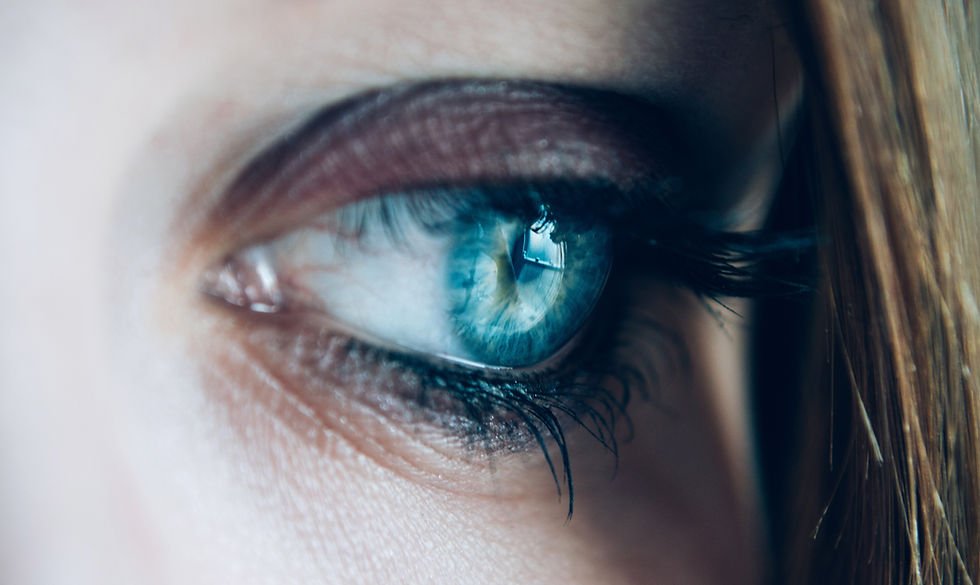
If you have experienced dry, gritty eyes in the morning, watery eyes in the wind or air conditioning, red rimmed eyes and thickened eye lids - exhibiting a more emotional look than intended, you may be suffering from Dry Eye.
Dry Eye can come with a variety of symptoms which may be different from person to person. Some of the most common complaints of Dry Eye are, blurred vision – especially in the mornings just after waking, or after a period of concentration on a computer screen. You may experience excessive tearing, especially in air conditioning and in cold and windy conditions. You may also feel persistent dryness, soreness, pain, discomfort and even redness, swollen or puffy eyelids and occasionally light and glare sensitivity and eye fatigue; just what you want after a night of supposed ‘beauty sleep’!
There are several causes of Dry Eye, it is also not uncommon to have more than one cause but here we will briefly discuss some common factors. Certain skin conditions can make you more prone to Dry Eye, such as, Rosacea, Eczema and skin allergies. Dry Eye is also more common as we get older, due to less tear production. Environmental factors such as air conditioning, windy conditions, excessive computer work and contact lens wear can also have a big impact toward evaporating your tears. Certain medical conditions such as Sjogren’s syndrome, thyroid problems and other autoimmune conditions may also make you more prone to Dry Eye. Occasionally some medications may also cause or exacerbate Dry Eye such as Isotretinoin (also known as Roaccutane). With all these possible causes, Dry Eye is therefore more common than you think!
Fortunately, there are various treatment options to help manage Dry Eye symptoms. They can range from home therapy to lubricating eye drops, to topical prescription medication eye drops to even laser treatment and oral medications. It is always in your best interest if you think you may have Dry Eye to have your signs and symptoms assessed for an appropriate diagnosis and develop a management plan. It may be as simple as cleaning your eyelids more regularly or it may be more complex and require prescription medication, or you may even need to consult an eye specialist for tertiary care. Although Dry Eye is extremely common, it can be very debilitating, if you think you have Dry Eye, you don’t have to put up with the symptoms, come and see us for some solutions.

Comentarios